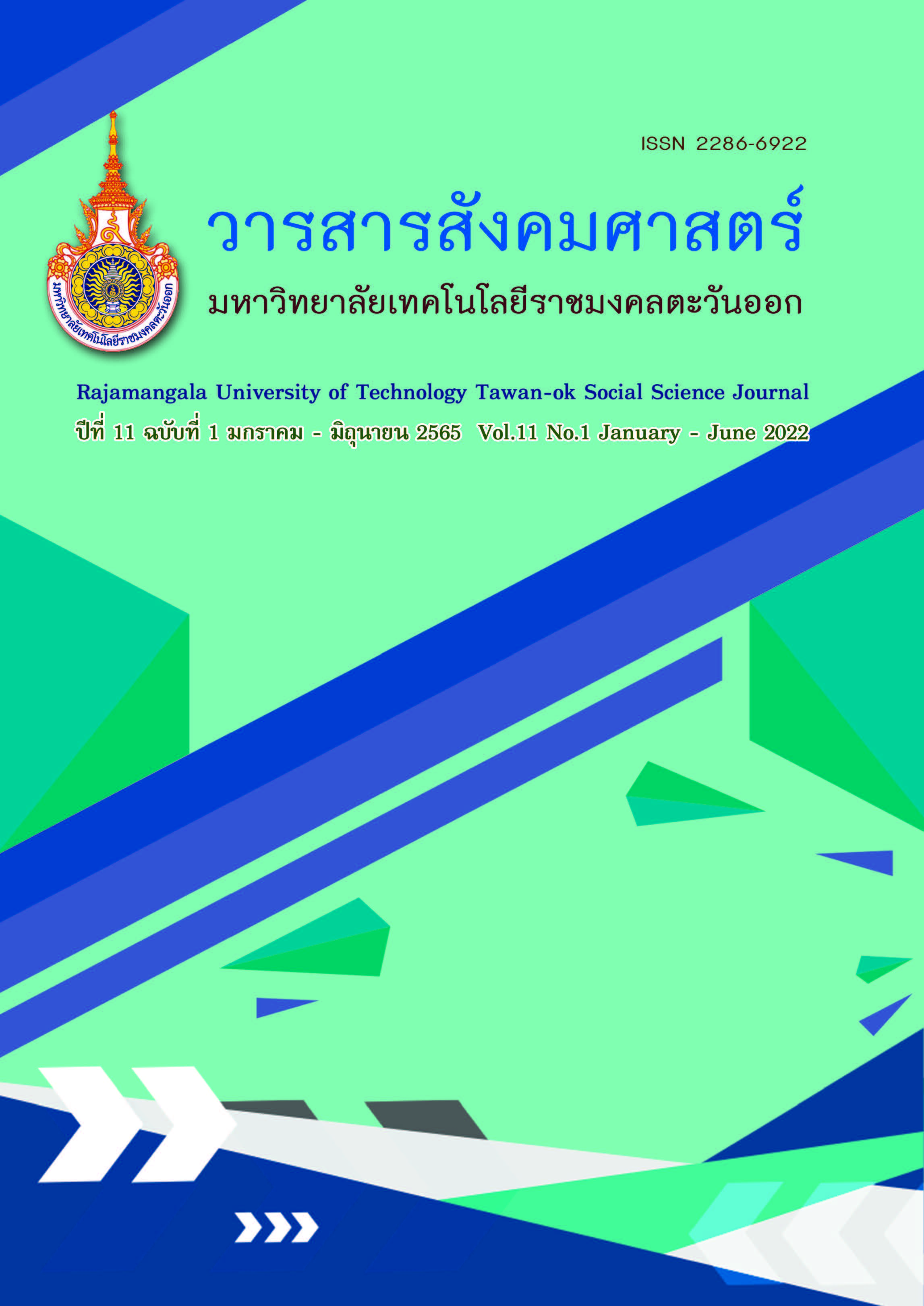The Power of Intelligence of Elderly: an analysis of the characters in the novels, Harry Potter and The Hunger Games
Main Article Content
Abstract
This article represents an analysis of the perspective on the role of the elderly through the
characters in the novel Harry Potter and The Hunger Game in which the authors chose to use
strategies to integrate knowledge, ideas, and experiences through older characters. It shows the viewpoint of aging that old age is not an abomination nor a burden to society; aging is the age that has accumulated knowledge, ideas, and valuable experiences that can be passed on to future generations. This intelligence will be a good model for future generations to learn by using
experiences of the elderly to continue living that life can go without the same mistake again. This
article selects Bandura’s cognitive social theory to analyze and compare views on the elderly. As a
result, the elderly is the age that provides a model for their thinking, skills, and intellect. Perspective
on happiness in old age and in accordance with the structure of the country which is entering the
aging society. It also helps spark the idea to bring the potential of the elderly to replace the view that
the elderly is only a burden of the country.
Article Details

This work is licensed under a Creative Commons Attribution-NonCommercial-NoDerivatives 4.0 International License.
References
ซูซานน์ คอลลินส์. นรา สุภัคโรจน์ (ผู้แปล). 2552. The Hunger Games 1-3. พิมพ์ครั้งที่ 4. กรุงเทพฯ: โพสต์บุ๊กส์.
มูลนิธิสถาบันวิจัยและพัฒนาผู้สูงอายุไทย. 2556. รายงานสถานการณ์ผู้สูงอายุ. Nation Statistical Office. 1
ฐิติพร สังขรัตน์ และสิรินทร์ สว่างวรรณ. 2561. “ความงดงามของผู้สูงอายุ: บทวิเคราะห์มุมมองความต่างในนวนิยาย The
Hunger Game” เอกสารการบรรยายราชภัฏวิจัยเพื่อพัฒนาท้องถิ่นสู่ความยั่งยืน ครั้งที่ 10 มอ.ตรัง. ตรัง: 11
สุรางค์ โค้วตระกูล. 2554. จิตวิทยาการศึกษา. พิมพ์ครั้งที่ 10. กรุงเทพฯ: จุฬาลงกรณ์มหาวิทยาลัย.
Bandura, A. 1977. Self-regulation of motivation and action through goal systems. New York: Hamilton.
Bandura, A. 1988. Social cognitive theory and social referencing. In S. Feinman, Social referencing and social construction of reality. New York: Plenum.
Knapp, M.L & Hall, J.A. 2002. Nonverbal Communication. (5th Ed.).TX: Wadsworth Thomson Learning,
Singhakowinta, J. 2014. Media Valorization of Feminine Beauty in Thai Public Discourse. Kasetsart Journal, 35, 1 – 9.


